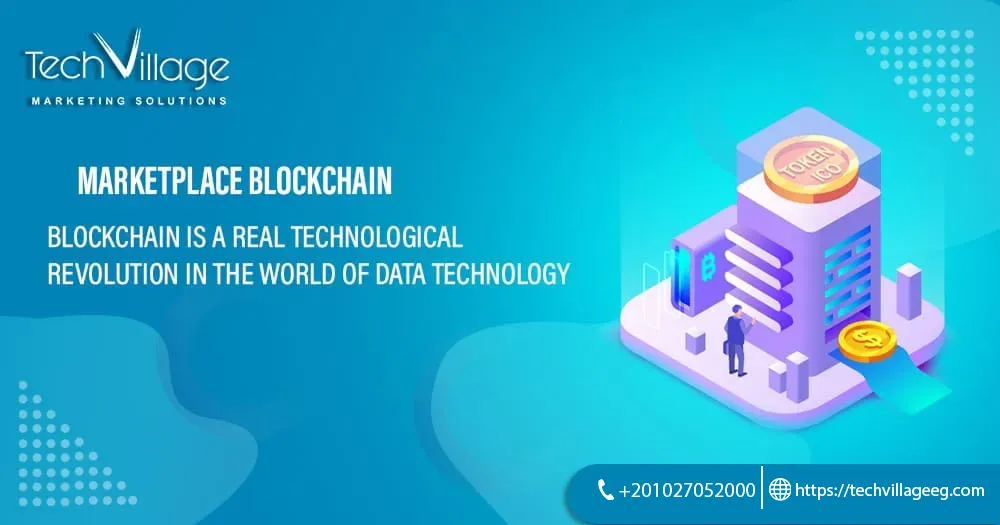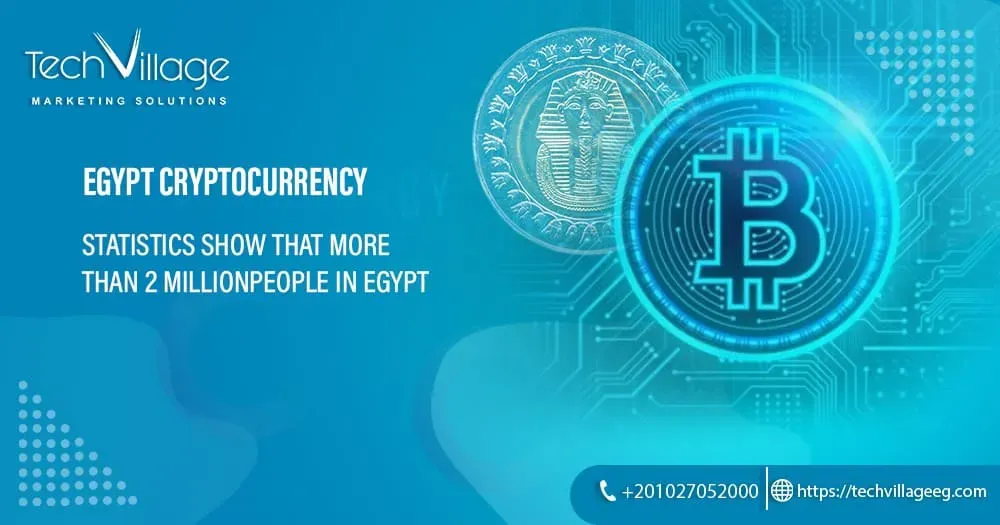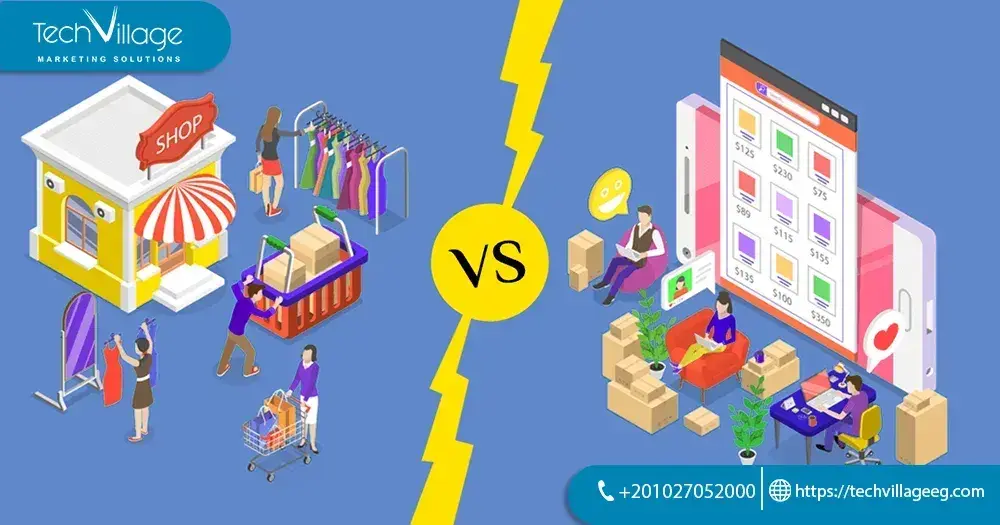Blockchain is a real technological revolution in the world of data technology.
It is a technological system or an integrated database consisting of a series of successive blocks, each block recorded with data and transactions and information about the other mass.
They are highly secure and faster to process and record data without third-party or intermediary intervention.
It can also carry out many transactions around the world without costs, fees, or the use of banks, intermediaries, or money transfer companies, it shortens the time instantly.
Customers are kept confidential in their data, through which transfers can be made from goods to funds.
Read on to learn more about the blockchain market, how transactions are done within it, what areas you can apply to deal with this purification that was not in your mind, and also know the advantages and challenges of this market.
Table of Contents
ToggleWhat is blockchain?
It is an encrypted database consisting of a series of data blocks that are traded encrypted without the ability to edit or delete them, through which many transactions around the world can be conducted professionally.
This technology goes beyond financial transactions to smart contracts to complete financial operations, business processes, and payments so that invoices can be paid automatically and securely.
This technology can be applied in the blockchain market, which has many administrative and service operations, including banking operations, payments, the Internet of Things, information security, energy management, and health services.
What is the blockchain market?
It is a market that connects buyers and sellers “peer to peer” directly without central authority such as banks or a government entity to obtain the principle of trust.
If you want to own a property, you need access to more than one side to document the data and rights to obtain papers that guarantee the validity of the property’s ownership papers and in return, the seller needs to make sure you have the funds.
Having a central regulator regulate this process gives you confidence in the validity of the seller’s banknotes with privacy for both parties.
This market is an effective solution to get rid of this centralization where its idea is to establish a decentralized database that is not manipulatable or hackable and is not subject to ownership or management of a particular entity.
Each user has access to this database, during which all transactions are carried out in a transparent manner.
As mentioned by Blockchain, a decentralized database system with high computing capabilities and a strong security system, when a transaction is made in this market, the blockchain gives it a timestamp and adds it to a larger database.
Validity and legitimacy are verified by ensuring that the information in this information is matched with reliable copies through network users and when this transaction corresponds to the majority of the parties concerned is considered a reliable process.
Blockchain adds a character that proves the legitimacy of this transaction.
There is no chance of hackers or cyber-hacking making changes to the data of blockchain customers and the interconnectedness of data blocks that makes it a very secure information system.
How does the blockchain market work?
This market blockchain removed the central and intermediaries needed to conduct transactions such as buying and selling and turned customer data from central data at one party to a public network of participants so that all data becomes available and it becomes easy to make sales, purchases, and payments financial, in the previous example, the seller does not need to ascertain the financial situation of the buyer and the buyer does not need to ascertain the ownership of the property by the seller because this data is available in the blockchain market data network and is not central to the bank.
Everyone in the network becomes observers and guarantors of the validity of operations.
This idea was called a decentralized registry “a set of transactions recorded in blocks” and is based on distributing a copy of the operations registered to all participants in the network to accelerate operations.
In addition, this protects data by linking blocks within the record in a coherent manner that can be stolen or manipulated.
How are transactions conducted within the blockchain market?
Initially, there are 3 terms you should be familiar with to realize how transactions are done in the market:
Hash: Algorithm that converts data into fixed-sized text
Mass: Data to be saved and converted into a fixed asset.
Blockchain is a series of blocks interconnected by hash algorithms.
All of the above is placed in a database distributed record to network members, but only the hash is that it cannot be modified and the data components of the data that make up this hash cannot be extracted, which increases its security value of it.
When the hash is created, the data adds the hash value to the previous block so that there is a link between the previous and current data block.
Let’s take an example to help understand the above:
If you intend to transfer funds to someone within the network to prove the process, we can create a data block containing conversion data using the hashtag convert
this data is into fixed text and this block is distributed to all those in the registered network distributed this network who can see the record of this process but do not know the details of it.
Because they see only the value of the hashtag from which data cannot be extracted, even though the record is distributed to everyone.
When you make a conversion for the second time, the above will be done, but in addition to including the hashtag value of the previous conversion to the current conversion data, we have a series of data for money transfers.
Blockchain’s main market differentiators
The blockchain market has many differentiators:
Smart contracts
Smart contracts are digitally signed agreements that prevent any form of fraud and eliminate third-party payment processing fees. Smart contracts are auto-execution (without intermediaries) (coded in blockchain network) and public storage.
Smart contracts operate under a set of unbreakable terms agreed upon by the parties when these terms are met, the terms of the smart contract will be automatically implemented.
Thus, it allows automated trading based on predetermined circumstances or exciting events.
If a company wants to make an agreement to supply basic materials, all they do is create a contract between them that will set the conditions of implementation and implementation dues, and the contract automatically controls the supplies and pays the dues, and the smart contract becomes the guarantor of the parties because its contents are protected and not adjustable.
There are many applications for smart contracts that can be used in medical records so that a smart contract can be created that gives the doctor access to his health data under certain conditions and duration.
They can be used in insurance companies by creating insurance policies in the form of smart contracts associated with multiple sensors inside the vehicle that send details of the accident via the Internet of Things to the insurance policy or smart contract, which in turn compensates the damaged vehicle owner in accordance with the terms of the insurance and contract.
Payments and fees
The decentralized multi-vendor market makes direct payments through cryptocurrencies (codes) that can be replaced by encrypted currencies such as Bitcoin and these payments are immediate and do not require any third-party entry.
Payments do not require the inclusion of personal information or credit card details.
The blockchain market offers sellers low-fee or free services, and sellers do not pay for listings. Only when selling products.
Decentralization
Decentralization means that transactions within the market do not require the presence of intermediaries or central destinations that guarantee transactions and guarantee the rights of customers because all data is available in blockchain blocks for users to get rid of these centers located in the regular markets.
The advantages of the blockchain market
Complete privacy and difficulty in extracting data despite the existence of the distributed record only display hash data, making it difficult to penetrate.
Copy data is not treated as an asset and is difficult to edit by other users.
Transaction speed with the possibility of instantly verifying the data needed to complete transactions.
Reducing the costs and fees of making, buying, selling, and transferring funds continue to bear the low hosting costs on the network.
Market decentralization is an important advantage where transactions are done directly without third-party intermediaries.
The availability of a trust factor between sellers and consumers within the market reduces the risk of fraud between sellers and buyers.
Use smart contracts that in turn cover brokers in transactions.
There’s a strong connection to the Internet of Things that is able to send its data through the process history
In the blockchain market, some countries can achieve rapid growth in their existing sectors.
Blockchain Market Challenges
There is insufficient awareness by users of the importance of applying blockchain technology in business sectors.
Technology is not mature enough to be applicable in global or domestic markets.
The laws governing the use of funds in the financial field in the blockchain market are unclear.
Lack of technical experts at local levels to apply this technique.
Blockchain infrastructure and its applications in the market compared to other technologies.
Blockchain market fildes
In the dispersed block market, it can be applied to different industries and track original goods and detect counterfeit goods by allowing anyone to make sure that the product comes from the manufacturer or by tracking the blockchain chain.
It is customary that cryptocurrencies are the first application within the blockchain market but there are many areas in this market, such as:
1. Issuing and circulating documents.
Documents of all kinds are targeted by blockchain such as educational certificates and digital certificates and credits can be issued quickly through the organizations
concerned with ease and ease. The student can share it with any party and can be validated by the distributed register.
Don’t worry about trading certificates and documents in the blockchain market, it gives them more security and preservation.
2. Health care
Patient health information is circulated in complete confidentiality through blockchain technology, which increases the quality of care.
3. Auto Sector
The supply chain and car data, such as the car’s mileage number, are tracked, the meter number is not tampered with and the information circulating about them is correct without any modification.
4. Loans and financial transactions
Completing the loan process within the market has become easier without requesting many documents for different entities, all data available on the distributed registration can be verified and loans issued.
5. Food products industry
Food products enter the marketplace in blockchain from the moment they are harvested or manufactured until they reach consumers where a digital certificate is created for each piece of food to prove where it comes from and where it is and if any contamination is detected, its source can be traced and accessible to the people who purchased it to be careful.
6. Music
The music and singing industry has even entered the blockchain market, and music media content is stored in distributed records and there is a smart protocol or contract that protects the right of musicians to use their products.
7. Customs
Some countries have linked their customs transactions to blockchain technology, improving and securing shipping, increasing operational efficiency, and improving exports.
Statistics on the blockchain market
- More than 40 countries around the world have experimented with digitizing their currency in the blockchain market.
- By 2023, global spending on blockchain technology solutions is expected to reach more than $15 billion.
- In the health field, it expects to spend more than $6 billion on blockchain healthcare applications by 2025.
- The cumulative market growth rate will rise to 85% by 2030 to $1.400 billion.
Conclusion
The Blockchain Market is one of the demonstrations of digital transformation in which transactions are completed with confidence and transparency and data is converted into valuable solid assets that can be traded within the market without tampering with or copying their data.
If you are still looking for a blockchain company, here is Tech Village, one of the best blockchain companies in Egypt and the Middle East, you can contact us.
FAQ
What is the marketplace blockchain?
A blockchain market is a decentralized peer-to-peer network that connects consumers and sellers directly without any intermediaries.
What is a decentralized market?
Decentralized markets contain digital technologies that allow securities buyers and sellers to trade directly instead of meeting on a traditional stock exchange. A typical example of a decentralized real estate market is where buyers interact.

 AR
AR




